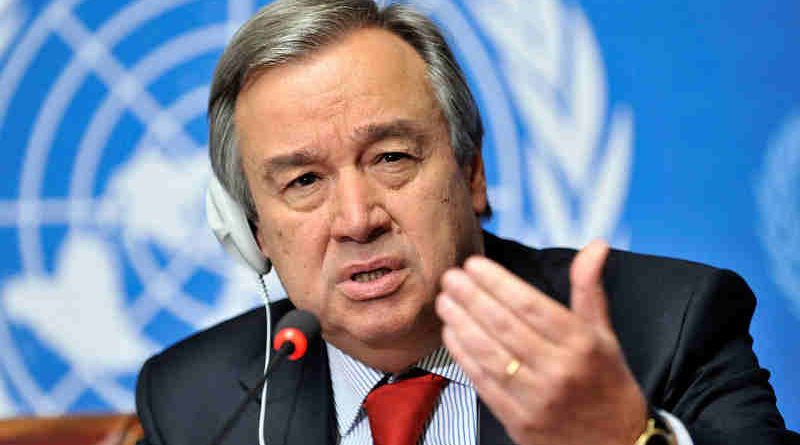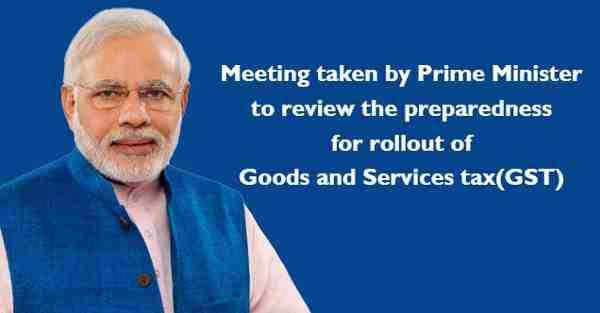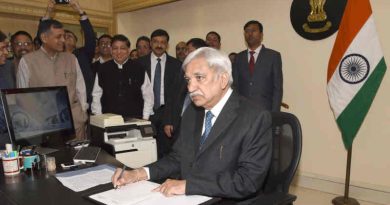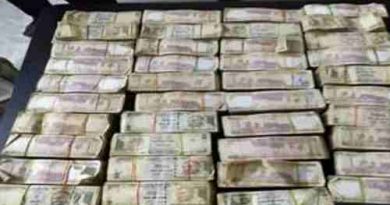UN Chief Concerned over Human Rights Violations by India in Kashmir

UN chief is concerned over reports of restrictions on the Indian side of Kashmir, which could exacerbate the human rights situation in the region.
By Rakesh Raman
As the tension between India and Pakistan has escalated to the level of a possible nuclear war, UN Secretary-General António Guterres urged the enemy countries to exercise maximum restraint and resolve the Kashmir issue with peaceful means.
In an official statement issued Thursday, the UN chief said that the position of the United Nations on this region is governed by the Charter of the United Nations and applicable Security Council resolutions.
He also recalled the 1972 Agreement on bilateral relations between India and Pakistan, also known as the Simla Agreement, which states that the final status of Jammu & Kashmir (J&K) is to be settled by peaceful means, in accordance with the Charter of the United Nations.
The statement added that the Secretary-General is also concerned over reports of restrictions on the Indian side of Kashmir, which could exacerbate the human rights situation in the region. He called on all parties (mainly India) to refrain from taking steps that could affect the status of J&K.
[ Also Read: Imran Khan Warns of Nuclear War with India ]
As large-scale violence is expected against the Indian government’s unilateral decision to change the status of J&K, authorities have suspended Internet, mobile services and banned public gatherings in Srinagar area of Kashmir. In Srinagar city, there is said to be a total communications blackout. Plus, the Indian government has arrested a slew of local leaders who oppose the Indian government.
Earlier, on August 5, the Narendra Modi government in India had revoked Article 370 which gave special status to J&K. With this move, the Indian government is trying to forcibly make people of Kashmir the Indian citizens while local Kashmiris want freedom from India.
In response, Pakistan Prime Minister (PM) Imran Khan said that a nuclear war with the enemy nation India cannot be ruled out. He was addressing the Joint Session of Parliament in Islamabad and expressed his displeasure over India’s unilateral decision to change the constitutional status of Kashmir, which is a disputed territory between India and Pakistan.
Imran Khan said that the Modi government is suppressing the voice of Kashmiris (most of whom are Muslims) who want independence from India.
By Rakesh Raman, who is a national award-winning journalist and social activist. He is the founder of a humanitarian organization RMN Foundation which is working in diverse areas to help the disadvantaged and distressed people in the society. He also creates and publishes a number of digital publications on different subjects.





